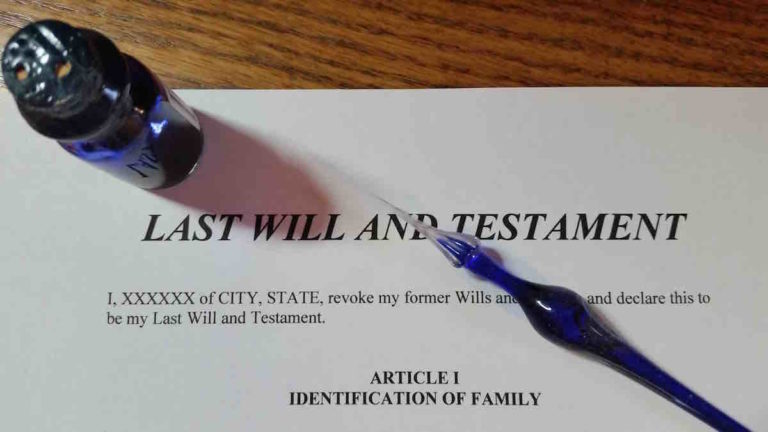Have you ever paid for a gym membership you didn’t use, or felt guilty when the dentist asked how often you floss? Do you eyeball that nice healthy salad on the restaurant menu, but end up getting the burger and fries instead?
[bctt tweet=”You know what you should do, but for one reason or another you put it off. ” username=”@MaranWhiting”]Well, you’re not alone. Check out these statistics:
-
49% of Americans don’t exercise regularly
-
70% of Americans don’t floss daily
-
64% of Americans don’t have a will
What Holds You Back?
I talked to 12 different young professional families about where they currently stand, not only on wills, but on trusts and guardians as well. While they all agreed it was important to be prepared and create a will, 5 of the 12 families still didn’t have one. Many of these parents had discussed issues and arrangements related to the will, some extensively, yet they hadn’t put pen to paper.
For most families there were three main reasons they hadn’t completed a will:
1) Time – The two things most scarce in most young families are time and money. I remember the early years of babies, school, first jobs and bills as a blur of spilled milk, broken down cars and budgets. It was so difficult to find time to plan ahead.
[bctt tweet=”It’s not that you can’t make better decisions” username=”@MaranWhiting”]It’s just that you have so many decisions to make that the complicated ones get put on the backburner.
2) Money – For a lawyer to draft a will, charges range anywhere from a few hundred dollars to easily $1,000 or more. This upfront cost, along with hours spent in lawyers’ offices, is a major roadblock for young families. When groceries, rent/mortgages, soccer clubs and gasoline costs recur and increase, the time and additional cost of estate planning are almost prohibitive.
3) Familiarity – Many Americans simply don’t have a lawyer or even know one. And what we do know of lawyers may only be from TV or hearsay. Of the families I interviewed, those who had already completed a will had used lawyers previously. This familiarity served as a gateway for creating their family will.
How to Overcome Your Blockers
1) Make it a personal or family priority to establish a will. Until you make it a mental priority, it won’t get done. So, make concrete plans and outline a course of action. Set a goal. Set a due date. Tell your friends and ask them to hold you accountable.
2) Schedule time to discuss trusts and guardians with your spouse or partner. If you’re both super busy, put it on the calendar to block out some time. Decide on the basics of what you want to do, why it’s important, and assign tasks to each other. Then schedule a follow-up conversation to review.
If you have children, involve them in the conversation and ask them about their ideas and priorities.
3) Ask a friend or family member what they have done. If you’re unsure of where to start or want some additional ideas, find someone you know well who has already done it. Ask them questions, and consider using some of their feedback to help create your own family plan.
It may take some effort to get all your ducks in a row, but I believe that anything worthwhile takes effort. Weekly exercise can strengthen the body. Flossing regularly can prevent cavities. Setting up a will and building a trust creates real safety and security for your family.
Originally published at the Trustworthy blog at Tomorrow, a company whose mission is to help people handle their legal and financial needs with minimal effort, right from a smartphone. Used by permission of the author.
- 3 Reasons You Haven’t Created a Will - March 8, 2017


